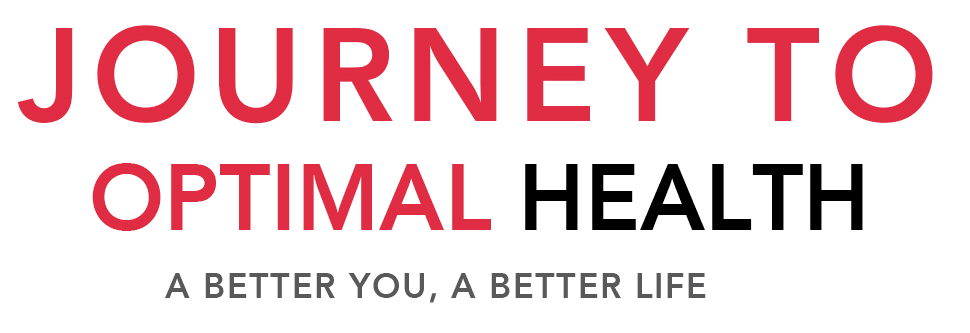Have you ever consciously started a bad habit? Of course not.

No one picks up their first cigarette thinking I want to be addicted, smell, have horrible breath, and possibly die of lung cancer. It’s usually about fitting in, being rebellious, or trying to impress someone.
It all starts with one thing and we do it enough times and the next thing we know we have a bad habit. Sometimes we don’t fully realize it and we find ways to justify our actions to ourselves.
Why is this?
The part of our brain that hard wires habits doesn’t know the difference between good habits and bad habits. Our brain just transforms the behaviors that we repeat often enough into habits so we can do them without having to think. This frees up brainpower to do more stuff.
Think about anything you’ve done for the first time. It’s not easy right? Even smoking a cigarette is hard at first.
How Habits Form
There’s this thing called the habit loop and habits have a pattern that looks something like this

The Trigger initiates the Behavior or action, you take the action, and you get a Reward or benefit.
Seems pretty straight forward, right?
Well what happens over time is your brain takes over and you get stressed (trigger) and you decide to have a smoke, or you reach for a cookie, or watch just one Netflix show (behaviors) and ta-dah…you feel better (reward).
Pretty awesome huh? Except for when the behavior is not good and overtime you get less and less desirable results.
This is just how our brain evolved over the millennia. It started out with good intentions to keep us alive. But in our modern world of stress it can backfire and literally kill us overtime…just look at obesity rates and deaths from smoking for example.
The challenge here is it’s very hard to go against what’s been hardwired into our brains for hundreds of thousands of years.
So let’s take a different approach.
What if we became curious about our bad habits? Judson Brewer, Director of Research at the Center for Mindfulness at UMass Medical School, is a thought leader in this area and has done some great research.
He applied mindfulness to breaking bad habits with great results.
In one of his experiments working with smokers he and his team told them to just go ahead and smoke but to be really curious about what it’s like when you do smoke.
And people said it smells horrible and tastes like chemicals and is basically disgusting when they really took the time to notice what the experience of smoking was like. Brewer dubbed this, “Mindful smoking.”
Individuals moved from knowing to having wisdom. They already knew in their head smoking was bad but now they knew in their bones and this led to disenchantment with the behavior.
So what’s the take away here?
Become mindful of your bad habits. Think about how you feel when you’re doing your habit and how you feel afterwards.
Some of our habits have a delayed negative reaction and we may not feel it until the next day.
I used to be a weekend binge drinker for example. For about 20 years of my life I drank very little during the week and then made up for it on the weekend. I never thought much about it. I had done it so long it was just what I did.
I knew I felt like crap on the weekends from being hung over but I wasn’t making the deep connection and coming to the conclusion that this is not a good thing to do and stopping.
It sounds so weird to say this now because it’s like duh, this is such common sense. But when you’ve had a bad habit for so long you can get into a state of denial and it’s really easy to trick yourself.
I did this for 20 years or so. I know people that still do it. I’ve never talked to them about how they feel on the weekend and why they continue to do it but I know they can’t be feeling their best if they’re out until 1am two nights a week drinking wine, beer, shots, mixed drinks, or whatever.
So spend some time thinking about your different habits and how they make you feel. This is going from knowledge to wisdom.
I knew in my head that drinking was bad for me. I knew that it gave me a hangover and stunted my performance. When I took the time to really think about it I knew this at a much deeper level and I started to view drinking very differently.
This is how curiosity and mindfulness can help us. Mindfulness is the act of turning toward our experience. It moves us from knowing to having wisdom.
Curiosity moves us from our fear based reactive habit patterns into being. Think about that for a minute.
When we become curiously aware of what’s happening to us in the moment we can easier step out of our bad habit patterns.
So start to get really curious about your bad habits. Ask yourself what your triggers are. Get in touch with how you feel while doing the bad habit.
Get in touch with how you feel after partaking in a bad habit. Get in touch with what is going on in your body and mind on a moment to moment basis throughout the entire life cycle of the habit.
How do you feel leading up to the habit? Are you tensing up, are you fidgeting, are you restless, are you biting your nails? How do you feel during the habit? How do you feel after and not just immediately after but a few minute or hours and the next day?
This approach causes most to eventually become disenchanted with the bad habit.
Become aware of the urge, get curious, feel the joy of letting go, repeat.
